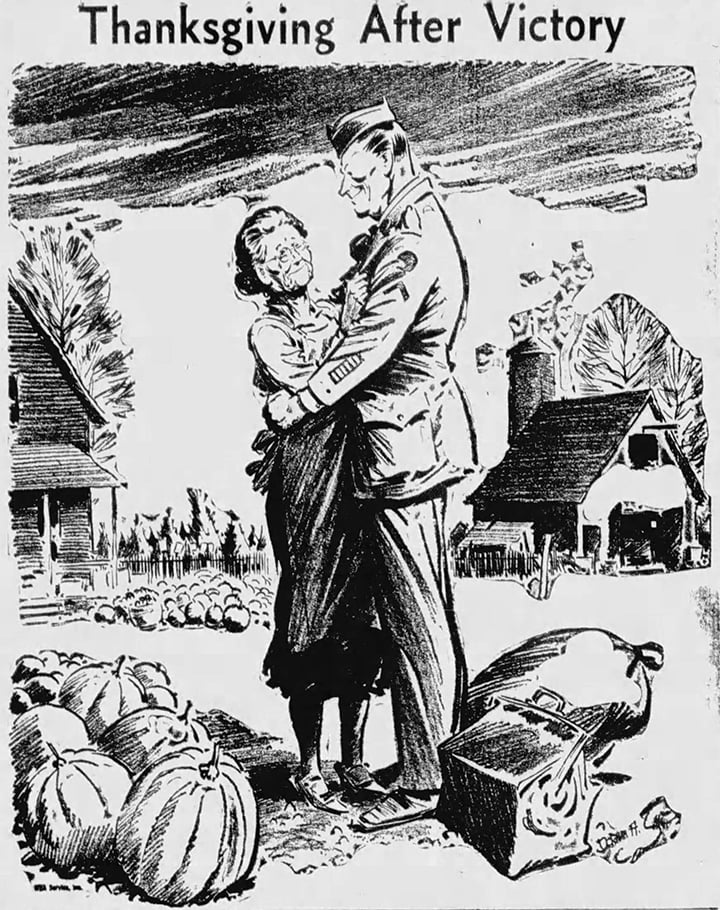Over the last four months, there has unfortunately been a renewed effort to breathe life into a proposal that most economists declared dead long ago. Supporters call it “right to work”; the rest of us, with the facts on our side, call it “right to work for less.”
Those backing the concept claim it will cure everything but the common cold. Not embracing it, they say, has cost Kentucky countless jobs and limited worker choice.
They’re wrong on both counts.
For those unsure of what right to work means, it allows new workers to avoid joining a union and paying dues while still being represented by the union. Imagine trying to join a civic club, a country club or even a Sam’s Club without paying the membership fees, and you can better understand why this is not about choice; it’s about ending unions and organized labor.
Supporters of “right to work” say states taking this step have seen phenomenal economic growth when compared to states like Kentucky. Research, however, has found that this is simply not true.
The Kentucky Center for Economic Policy noted that Oklahoma actually saw a relative decline in jobs after it made the switch in 2001. Since the end of the recession, meanwhile, the center says Kentucky’s manufacturing gains have easily outpaced those in Indiana – which switched to right to work in 2012 – and Tennessee, which has been a right-to-work state since the 1940s.
It’s worth pointing out that Kentucky has a diverse workforce profile. In the auto industry, for example, the Ford and GM assembly plants in Louisville and Bowling Green are unionized, but Toyota’s in Georgetown is not.
Those who downplay Kentucky’s job prospects must not have been paying attention to the steady stream of good news the Beshear administration and other outlets have announced in recent years. In the last few weeks alone, we learned that every single county saw its unemployment rate decline last year, something that has never happened before. At the same time, our monthly unemployment rate has dipped below the national average and is at its lowest point in nearly 14 years.
We have added almost 36,000 new jobs over the last 12 months, and Site Selection magazine – a trade publication monitoring economic development – says no state had more major job announcements per capita last year than Kentucky.
Few, if any, states can match our export growth. Our manufacturers are on track to break the $30 billion mark in the not-too-distant future, while products stamped “Made in Kentucky” can now be found in nearly 200 countries. Other states trail us as well when it comes to business climate and entrepreneurship.
What “right-to-work” supporters neglect to tell Kentuckians is that this step harms more than just unions. A national study cited by the Kentucky Center for Economic Policy found that the average worker’s hourly wage in “right to work” states is 3.2 percent lower than in states like Kentucky, and benefits are lower as well.
If those backing “right to work” would put even half of their energy into pursuing policies businesses really want and need – such as investing more in education, workforce development and infrastructure – I am convinced the gains I mentioned would be even greater.
If they are not going work for true job growth in our state, though, then they at least need to stop promoting a tired and discredited idea. The verdict is in: “right to work” is wrong for Kentucky.
Greg Stumbo is speaker of the Kentucky House of Representatives.






















